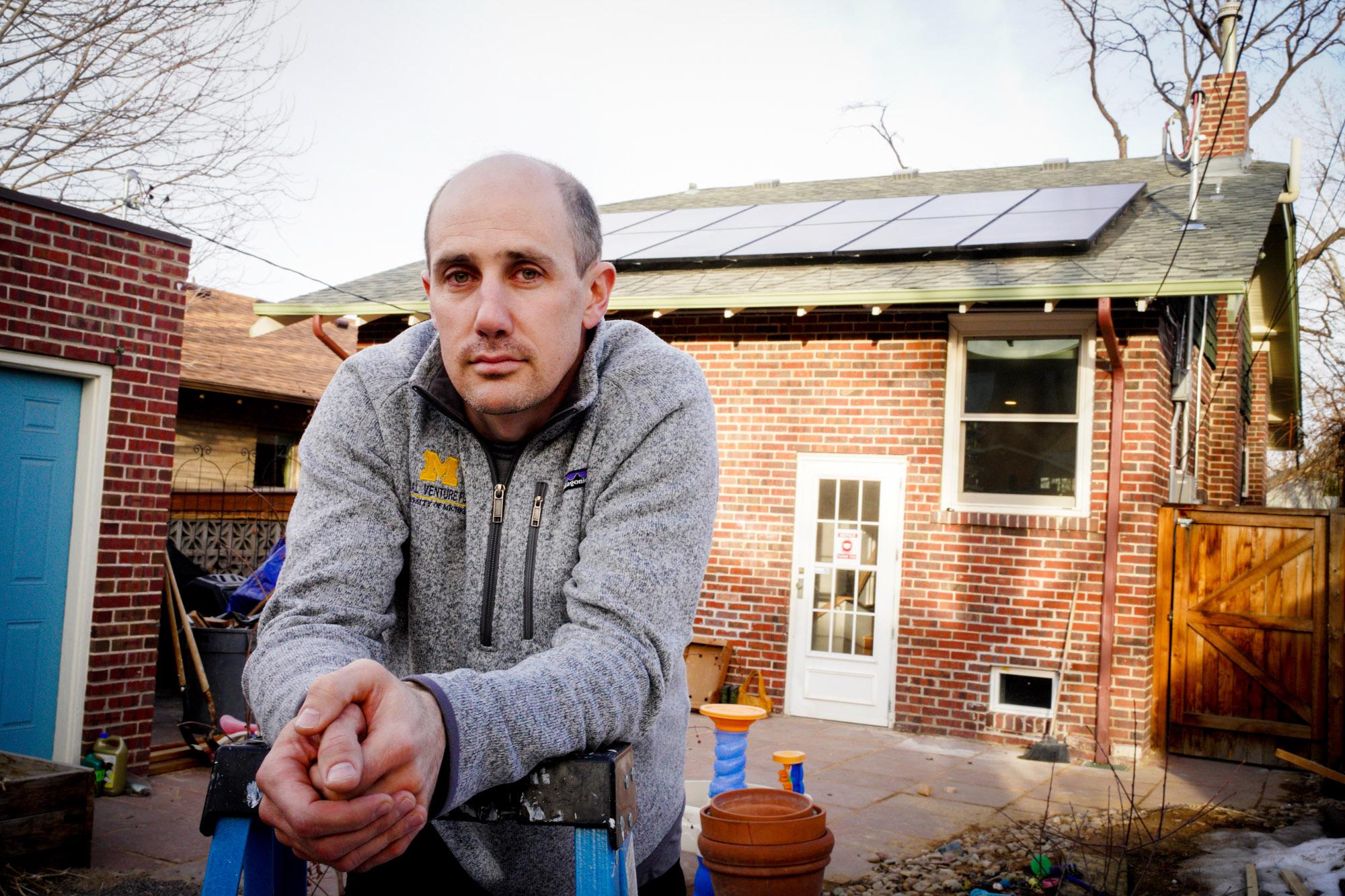
When John Barbour pays the bills, he always reads the fine print.
Credit card statements are scanned line by line. Internet bills are meticulously checked to see if the company raised the price without notice.
But the gas and electricity bill? That’s hard to understand even for Barbour, for whom, as a software product manager in Denver with a master’s degree in business administration, numbers are a second language.
“These bills are not designed to be read by an average user,” Barbour said.
The volatility of the global energy market is making it harder for homeowners across Colorado to keep control of how much they pay for energy, said Denise Stepto, the chief communications officer for Energy Outreach Colorado, a nonprofit that provides bill assistance to qualifying residents.
“There was a time when you knew what your bill would be, and that’s how you set your budget. And now, you have got to think about things you have never really thought about before,” Stepto said. “And energy use is not something that most people walk around thinking about.”
That includes the ups and downs of commodity costs and when people use their electric appliances or if their energy comes from wind power. A long list of fees and surcharges are also confusing many customers, making it hard to understand why their bills are increasing — and what, if anything, they can do about it.
Rising rates despite making their home more energy efficient
Barbour, who lives near Congress Park with his wife and two children, thought he was making a dent in his energy bill. To make their 1920s home more energy-efficient, he overhauled it — changed the windows, insulated the attic, rerouted the HVAC ducts, installed solar panels and a new furnace — renovations worth more than $72,000, according to his calculations.
It made a difference. His natural gas use dropped 8 percent in January from the previous year, according to CPR News’ review of his energy bills. The amount Xcel was asking for, however, was higher.
“It was concerning … as somebody who over the course of the last two years has made really significant energy efficiency improvements [and] has seen a pretty reasonable deduction in my overall electrical and gas consumption and purchases from Xcel,” he said.
Barbour, 36, wrote to the Colorado Public Utilities Commission, telling them Xcel’s gas rates had increased beyond what the company originally estimated. The commission had not returned his e-mail as of early March, he said.
Xcel Energy spokesperson Michelle Aguayo said the main reason for that increase is the surging price of natural gas itself. The company spent 60 percent more on natural gas this quarter than last year — or 18 cents more for each unit of energy known as a dekatherm.
Aguayo offered some context: Coloradans still pay less than most of the country for natural gas, a statement corroborated by data from the U.S. Energy Information Administration. Over time, making homes more energy-efficient will save customers money.

There are factors green homeowners can't control
Barbour chooses to pay more for energy produced by solar and wind energy but worries about factors that are out of his control, including smaller line items charged by Xcel to pay for statewide projects.
“There's no easy description of what any of these actual chargers stand for, so I'm left to guess at what they would represent,” he said.
The Public Utilities Commission is currently considering requests from Xcel and three other public utilities to approve new rate increases to recoup spiking natural gas costs that overwhelmed the market during a 2021 winter storm. Aguayo said the company is also watching how the energy market is disrupted by the domestic ban on oil imports from Russia.
Barbour said he’s mindful of how the energy market is influenced by geopolitics such as the Ukrainian invasion and the growing impacts of climate change. He focuses on his lifestyle choices, including driving a hybrid car and making energy-friendly renovations to his home.
“But as we've seen, even if I lower my [energy] usage, that's not gonna lower my bill,” he said.
More stories about energy in Colorado:
- High gas prices mean we should just pump more oil in Colorado, right? Not so fast
- Colorado is about to rapidly expand its transmission network. Should it double as a bike highway system?
- The behind-the-scenes plan to protect natural gas stoves and furnaces in Colorado
- Xcel Energy could overcharge customers ‘tens of millions of dollars’ after last year’s cold snap, state watchdog says









